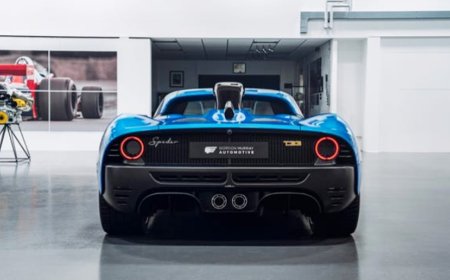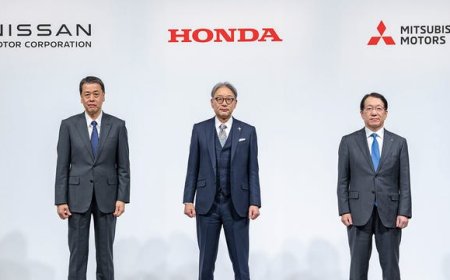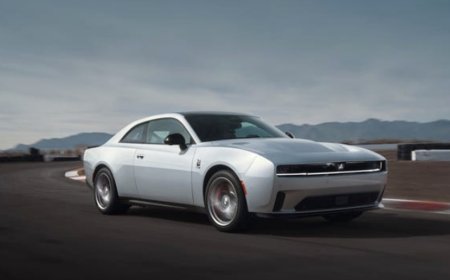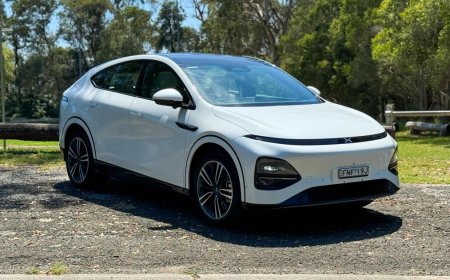Volkswagen strikes deal to avoid German plant closures
VW and labor unions agreed on job cuts, capacity reductions, and production shifts to maintain German factories while tackling declining demand for electric vehicles.
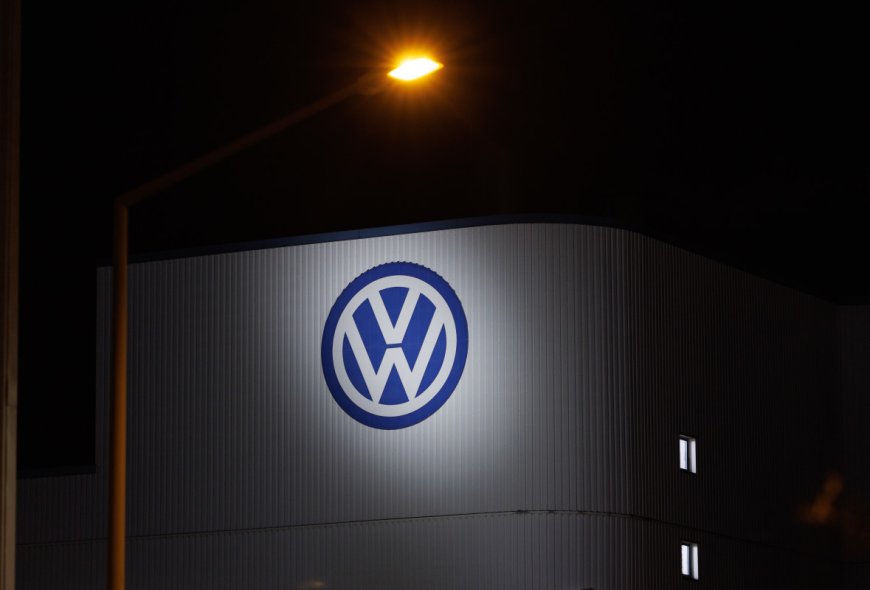
Volkswagen AG has reached a pivotal agreement with its labor union to continue operations across its 10 German factories while implementing significant cost-cutting measures. After three months of fraught negotiations and the looming threat of worker strikes, VW’s deal ensures job security until 2030 but comes with concessions from the union, including workforce reductions and foregoing some bonuses, the works council said Friday.
The measures aim to save €4 billion ($4.2 billion) annually by trimming technical production capacity by 750,000 units and reducing staff by over 35,000 employees within five years. However, these steps are less severe than the sweeping cuts initially proposed by VW.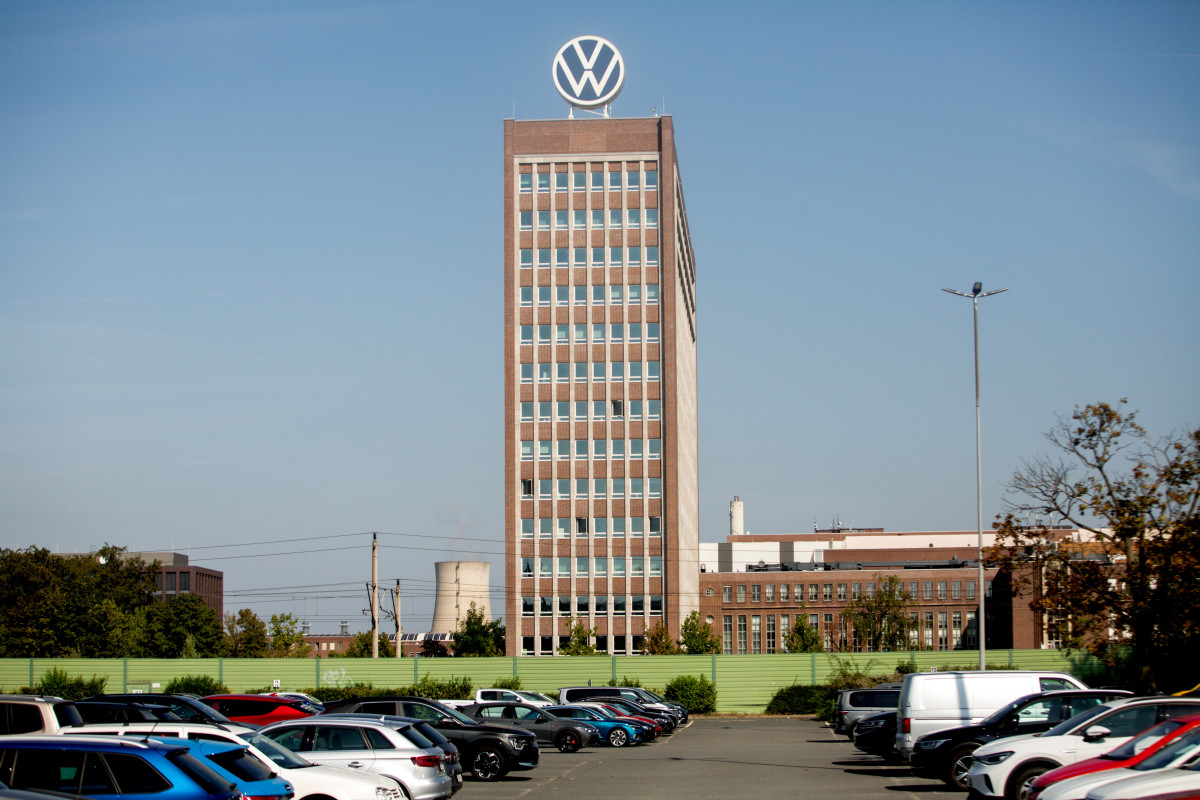
The deal gives CEO Oliver Blume a critical opportunity to address mounting challenges including dwindling market share in China and sluggish electric vehicle (EV) demand in Europe and the U.S. The question remains whether the agreement will reassure investors, with VW’s stock having fallen 21% this year. The automaker’s stock is up about 3% today on news of the agreement.
Related: Ford secures $9.63 billion federal loan for U.S. battery plants
Shifting production to cut costs
Key to the agreement is the reorganization of production lines. Wolfsburg, VW’s flagship factory, will lose the Golf hatchback to a plant in Mexico but gain production of the upcoming electric Golf. This model, built on a new platform developed with Rivian Automotive, is expected to debut in 2029.
The Zwickau EV plant will see a reduced role as production of the ID.3 hatchback and ID.4 SUV moves to Wolfsburg and Emden. Zwickau will focus on manufacturing Audi’s Q4 e-tron and its forthcoming facelifted models.
These shifts are designed to optimize production costs while maintaining Germany’s position as a manufacturing hub. The deal stipulates a €1 billion payout to workers if job guarantees are not extended beyond 2030.
Related: 2026 Honda Passport TrailSport: 6 reasons to love it, 3 reasons to think twice
A precarious three months
Volkswagen’s agreement with its labor unions marks the culmination of three months of tense negotiations and escalating unrest. The stakes were high, with approximately 68,000 workers staging walkouts at nine German plants in December, demanding job security and fair wages.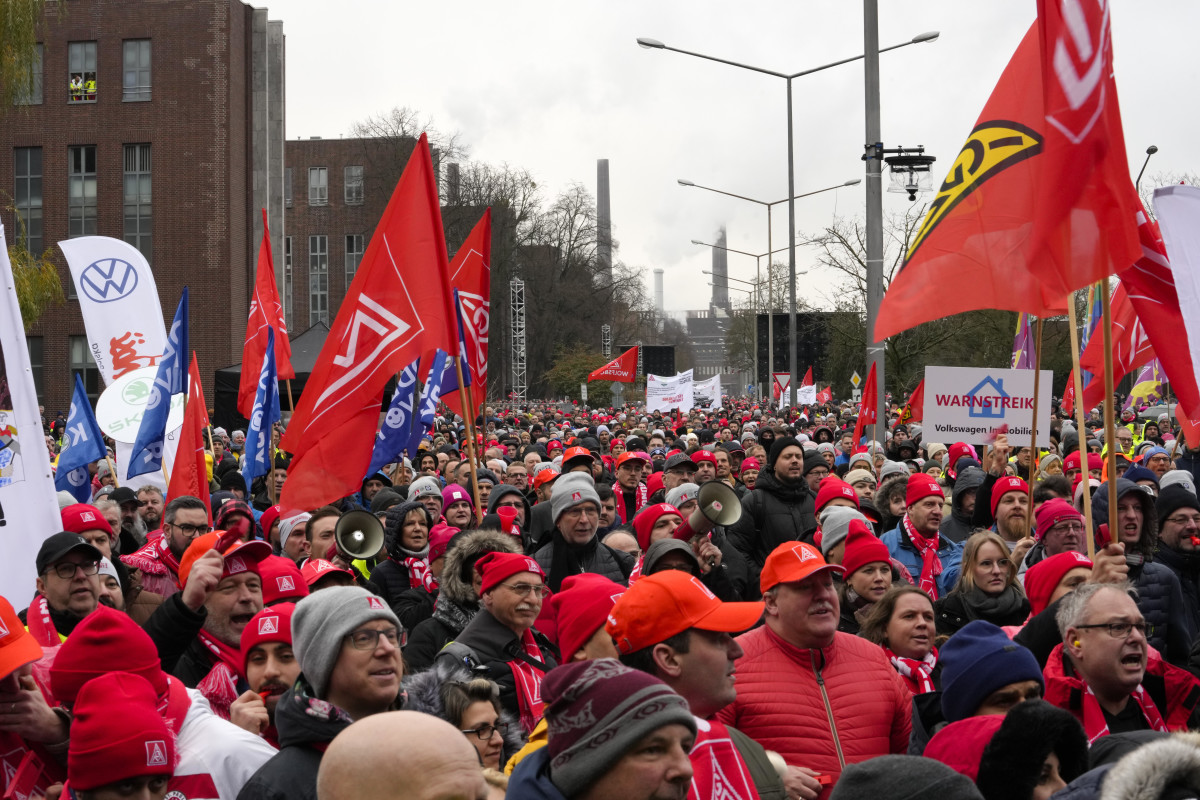
The union-organized strikes were a clear signal of growing frustration among employees, as VW proposed significant wage cuts and the potential closure of some facilities to cut costs.
Union leader Thorsten Groeger warned earlier this month that open-ended strikes were possible in 2025 if negotiation progress stalled. The strikes also drew political attention, with German Chancellor Olaf Scholz urging Volkswagen to avoid closures amid a broader economic and political crisis in Germany.
Related: Are EV batteries about to be the most durable part of your car?
Navigating a struggling market
Volkswagen’s agreement comes at a challenging time for the European automotive industry. Rising energy costs, inflation, and a decline in consumer spending have led to a 2% drop in car registrations in November, with France and Italy seeing significant declines.
Additionally, European buyers remain hesitant to embrace high-priced EVs from VW and Audi, further dampening market growth. Compounding these challenges, automakers face stiff penalties for failing to meet stricter emissions regulations set to take effect next year.
Despite these headwinds, German officials see the VW deal as a beacon of hope for the country’s stagnant economy. “We must now work together to renew and strengthen the competitiveness of the automotive industry and to give new impetus to the ramp-up of electromobility,” Economy Minister Robert Habeck said in a statement. “Both are central to maintaining value creation and employment in Germany and Europe.”
Related: Why Honda is Going ALL IN on Fuel Cell Tech
Labor concessions to secure long-term stability
In exchange for keeping German factories operational, VW workers agreed to forgo certain financial benefits. The company also managed to negotiate a significant reduction in labor costs.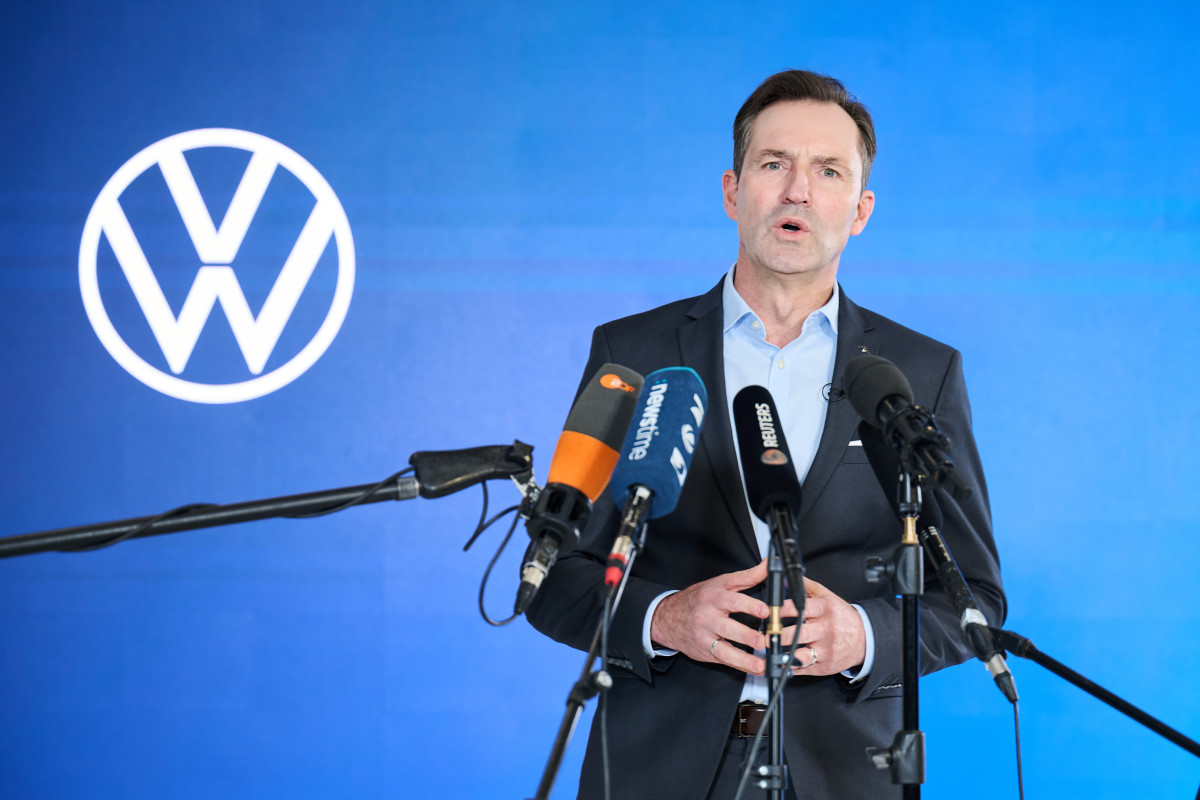
VW Chief Financial Officer Arno Antlitz expressed cautious optimism, saying that the agreement provided “much-needed cost relief.” However, he stressed the need for continued efforts to improve efficiency at German plants, especially as the company navigates the costly transition to EV production.
“The real work starts now,” he said. “We need to step up our efforts to boost efficiency in our German plants and optimize processes to ensure a successful transition to electromobility.”
The deal marks a notable achievement in securing stability for VW’s domestic workforce, but labor leaders have made it clear that their support is conditional. The workforce will be closely monitoring whether VW delivers on its promises of sustainable production and job security.
Related: Next-gen Fiat 500 confirmed for 2032 despite low sales
The road ahead for VW and its rivals
Volkswagen’s challenges mirror those faced by other automakers grappling with Europe’s shifting automotive landscape. Stellantis, another major player, is recovering from a turbulent year that saw leadership upheaval and operational struggles.
The pressure to adapt is mounting as automakers not only contend with rising challenges from China but also brace for tighter European Union emissions standards. For VW, the stakes are especially high as it strives to maintain its standing as Europe’s largest carmaker while navigating complex market dynamics.
Related: Hyundai is pouring money into struggling China business
Final thoughts
Volkswagen’s agreement with its labor union represents a critical step in preserving its German manufacturing base and tackling the broader challenges of the global automotive market.
While the deal offers a temporary reprieve, much work remains for VW to regain investor confidence and adapt to the evolving industry landscape. For now, the company has bought itself time—but whether it can leverage this opportunity remains to be seen.
